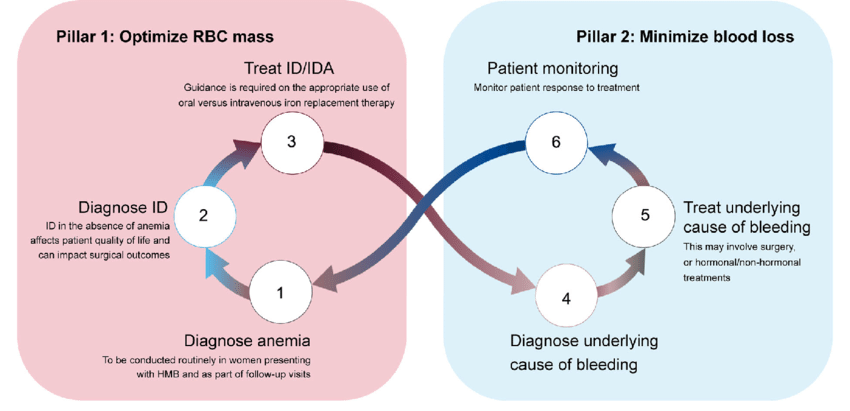If you have anemia, diagnosis can be difficult. A blood test is usually done to check the number of red blood cells you have, but this test alone cannot make an accurate diagnosis. There are several forms of anemia, and your doctor will make a treatment plan based on the underlying cause of the anemia. The more severe your anemia, the more difficult your treatment must be.
Anemia can be caused by iron and vitamin D deficiencies or vitamin and mineral deficiencies. Severe cases of anemia and iron and vitamin D deficiencies may require intravenous supplements or other medical attention. If you have been diagnosed with anemia, your treatment is likely to depend on the severity and underlying cause.
Anemia is often caused by a lack of vitamin A, which the body produces in large quantities throughout the day. Iron deficiency anemia can also cause problems, so if you suspect you are suffering from iron deficiency anemia, you should talk to your doctor. He or she will most likely order a test called a ferritin test, which measures the amount of iron and ferrous iron in your blood. Anemia can also be caused by folate deficiency, so if you suspect you may have this type of anemia, you should discuss this with your doctor.
In some cases, iron deficiency anemia may not be caused by iron deficiency, but rather by vitamin D, which is produced in large quantities during childhood. Another cause of anemia may be a lack of certain minerals such as magnesium or potassium. If your doctor determines that a lack of one of these minerals is the cause of low blood iron levels, then a dietary change may be the first treatment. Often prescribed iron supplements. Other treatments include the addition of vitamins and minerals.
Antioxidants can be used for people with anemia because they can help prevent the breakdown of red blood cells and reduce the inflammation of the bones that is associated with anemia. If you don't know where your anemia is coming from, you may be prescribed antibiotics to treat it.

Your anemia treatment may vary depending on what type of anemia you have
If you are diagnosed with anemia due to vitamin or mineral deficiencies or a vitamin and mineral deficiency, the first treatment for anemia may be to increase the amount of iron in your diet. There are several dietary supplements on the market that can help control this problem.
If your condition is caused by an inherited disease or a vitamin and mineral deficiency, your doctor may recommend an anemia treatment that includes vitamin and mineral supplements in addition to iron supplementation. Certain diseases such as HIV and AIDS may cause anemia because they interfere with the immune system's ability to produce the iron that the body needs. These diseases should be treated in a hospital or by a specialist. Your doctor may also prescribe a course of oral medicine that is intended to supplement your intake of iron.
Anemia can affect the functioning of all areas of your body, and it can cause a wide range of other complications. It is important that if you suspect that you might be suffering from anemia that you consult your doctor for a proper diagnosis. He or she will be able to give you an accurate anemia diagnosis and advise you on the best anemia treatment.
If you think that you may have anemia, you should begin to eat more foods rich in calcium, as this helps to regulate the absorption of iron. It is important to note that even though iron is essential to bone development, too much iron can be toxic to the heart. You should take the time to develop good eating habits and exercise regularly so that you can maintain the proper balance of iron and calcium in your body. You can also take the time to consume foods that are high in vitamin D. This helps to ensure that your bones will have the right amount of this nutrient to support proper bone growth.
Another anemia treatment option is to take a daily multivitamin. Supplementing this vitamin with iron and calcium will help to regulate the rate at which your body absorbs the iron and to prevent the absorption of calcium in excess. In some cases, your doctor may recommend a prescription iron supplement, which will contain hematopoietic stimulating drugs that will encourage the production of new bone cells and stimulate bone growth.
A vitamin B complex supplement is another common treatment for anemia. Taking the proper amount of this vitamin will help to prevent the loss of red blood cells and the formation of folic acid crystals. Folic acid crystals can be harmful to the heart because it can stop the proper flow of oxygen to the heart.
